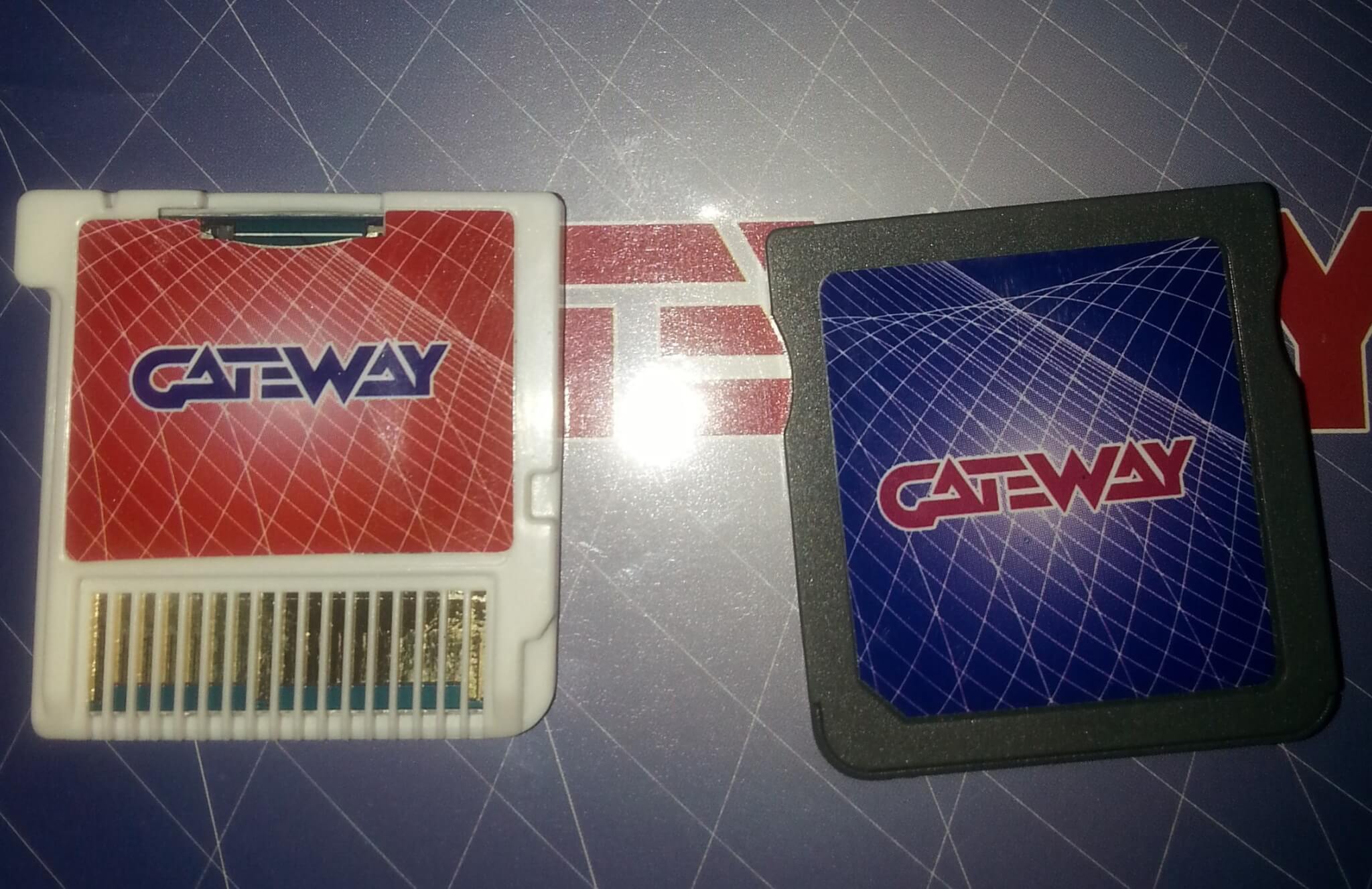Nintendo has scored another win in court, and this time it is against retailers that sell piracy devices.
Canadian federal court ordered Go Cyber Shopping Ltd. to pay Nintendo $12.76 million (that’s in Canadian dollars; it’s $9.51 million American) for selling devices that circumvent copyright protection on Nintendo’s 3DS handheld. These products, typically known as “flashcarts” in the modding scene, typically sell for $20 to $60, and they include items like Sky3DS and Gateway 3DS. While players can use them to load homebrew software, people typically use something like a Gateway to load in 3DS games that they’ve illegally pirated from the internet. Selling flashcarts is also against U.S. regulations.

Unlock premium content and VIP community perks with GB M A X!
Join now to enjoy our free and premium membership perks.
![]()

![]()